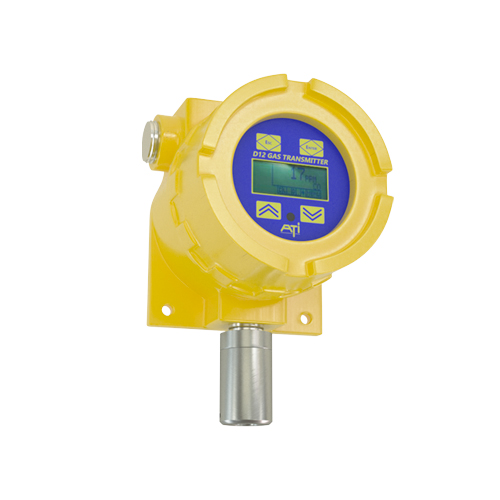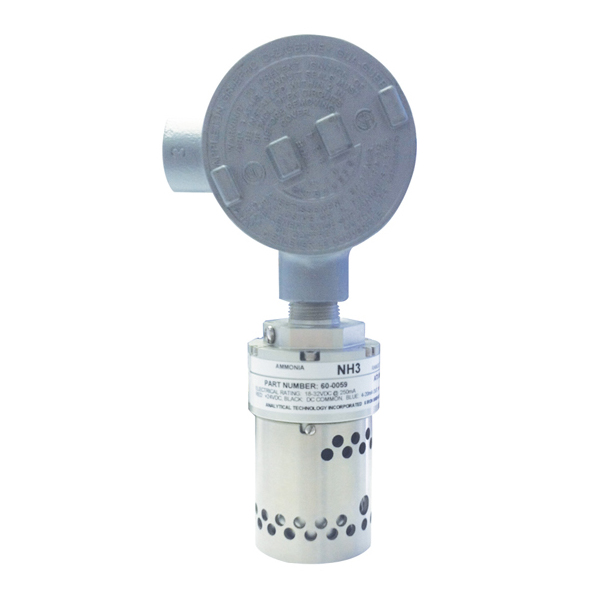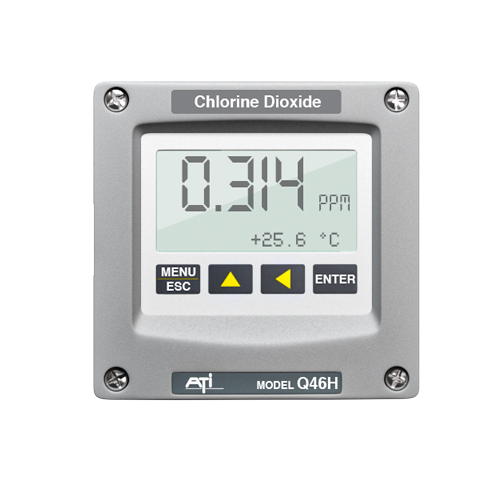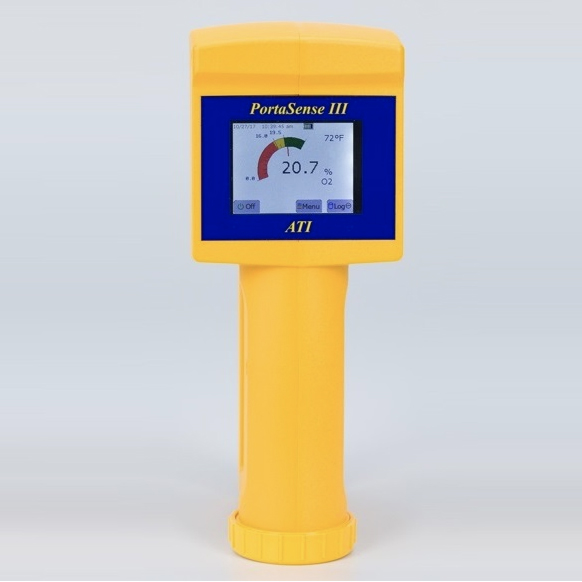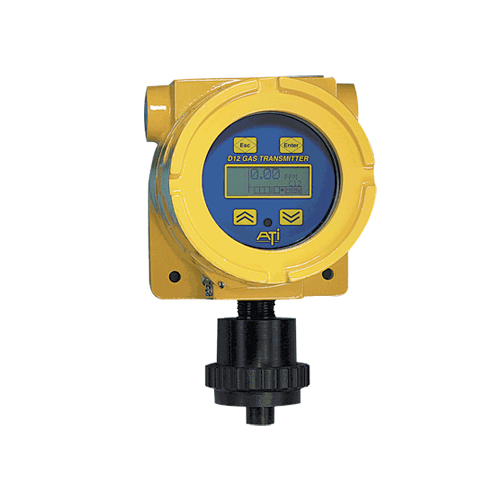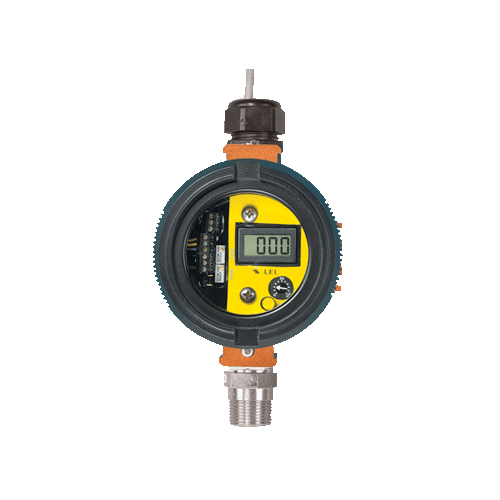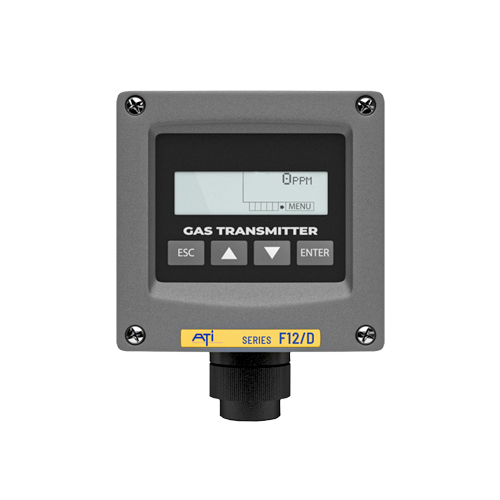Description
Description
The D12-IR gas transmitter is a versatile infrared system used primarily for the detection of combustible levels of methane or other hydrocarbons. It may also be used for monitoring CO2 levels, either in ppm or percent levels.
D12-IR transmitters provide analog signals for remote interface and optional relays for local alarming functions. Two digital communication options, Modbus™ and Hart™, are also available. Certified for use in explosion hazard areas, the unit provides rapid and reliable detection of
hazardous conditions so that protective measures can be activated.
The D12-IR gas transmitter is also available with an infrared sensor designed for CO2 measurements in ambient air or in pumped gas samples. Two carbon dioxide sensors may be specified, one for low range use and another for higher levels of CO2. The low range sensor may be scaled from 0-1000 PPM minimum to 0-5% maximum, while the high range sensor covers ranges from 0-10% minimum to 0-50% maximum.
ATI is now a Badger Meter Brand

